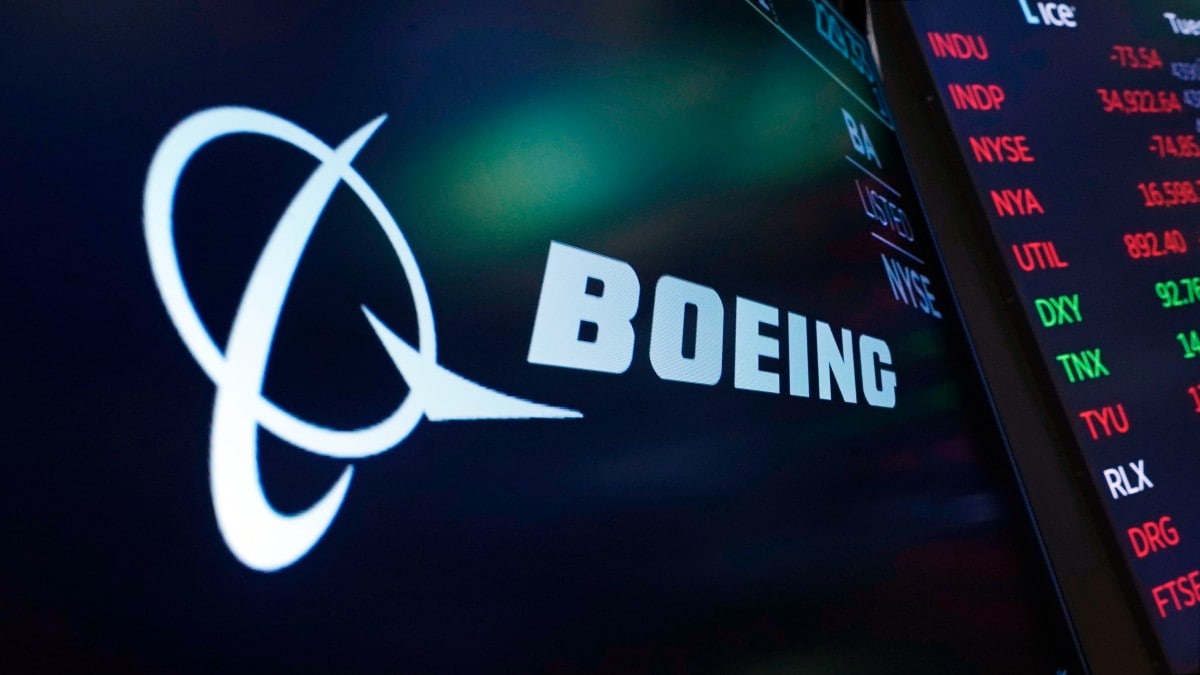

Boeing's stock experienced a significant downturn in premarket trading today, June 12, 2025, following the crash of an Air India Boeing 787-8 Dreamliner near Ahmedabad, India. Shares plummeted by nearly 8%, reflecting investor anxiety and renewed concerns about the aerospace giant's safety record. The incident involved Flight AI171, en route from Ahmedabad to London Gatwick, carrying 242 passengers and crew. The aircraft crashed shortly after takeoff, prompting immediate emergency response efforts.
The crash involved a Boeing 787-8 Dreamliner, a modern passenger aircraft. Initial reports indicate that the plane reached an altitude of only 625 feet before crashing in a civilian area close to the airport. According to the Directorate General of Civil Aviation, the pilot issued a mayday call to air traffic control, but no further communication was received. Aviation tracking site Flightradar24 confirmed the aircraft's model. The cause of the crash is currently unknown, and investigations are underway. The Aircraft Accident Investigation Bureau (AAIB) has dispatched a team to Ahmedabad to probe the crash, examining flight data, black box recordings, and site evidence.
Boeing has stated that it is aware of the initial reports and is gathering more information. The company is under pressure to rebuild trust in its jets' safety and ramp up production under its new CEO, Kelly Orthberg. This incident has triggered a "knee-jerk reaction" in the market, reviving fears about long-standing issues that have plagued Boeing.
The financial impact of the crash is substantial, with Boeing's shares falling to $197.3 in premarket trading. This decline reflects broader concerns about Boeing's ability to manage safety and quality control effectively. Aviation analyst Kapil Kaul emphasized the severity of the incident and its potential impact on Boeing's credibility, advising the company to take immediate measures to reassure the public about passenger safety.
This crash compounds existing challenges for Boeing, which has struggled to regain its reputation following previous safety incidents, most notably the 737 MAX crashes in 2018 and 2019. In response to those earlier incidents, the FAA had capped Boeing's monthly output to allow the company to revamp its manufacturing quality and security control procedures. Boeing has implemented several measures to improve its safety culture, including reinforcing alert systems, increasing safety training for employees, and enhancing digital tracking of tools.
The Air India crash marks the first-ever crash of a Boeing 787, according to the Aviation Safety Network records, adding another layer of concern for the company and the aviation industry. As investigations continue, the focus remains on determining the cause of the crash and implementing necessary measures to prevent future incidents, all while Boeing navigates the financial and reputational fallout.